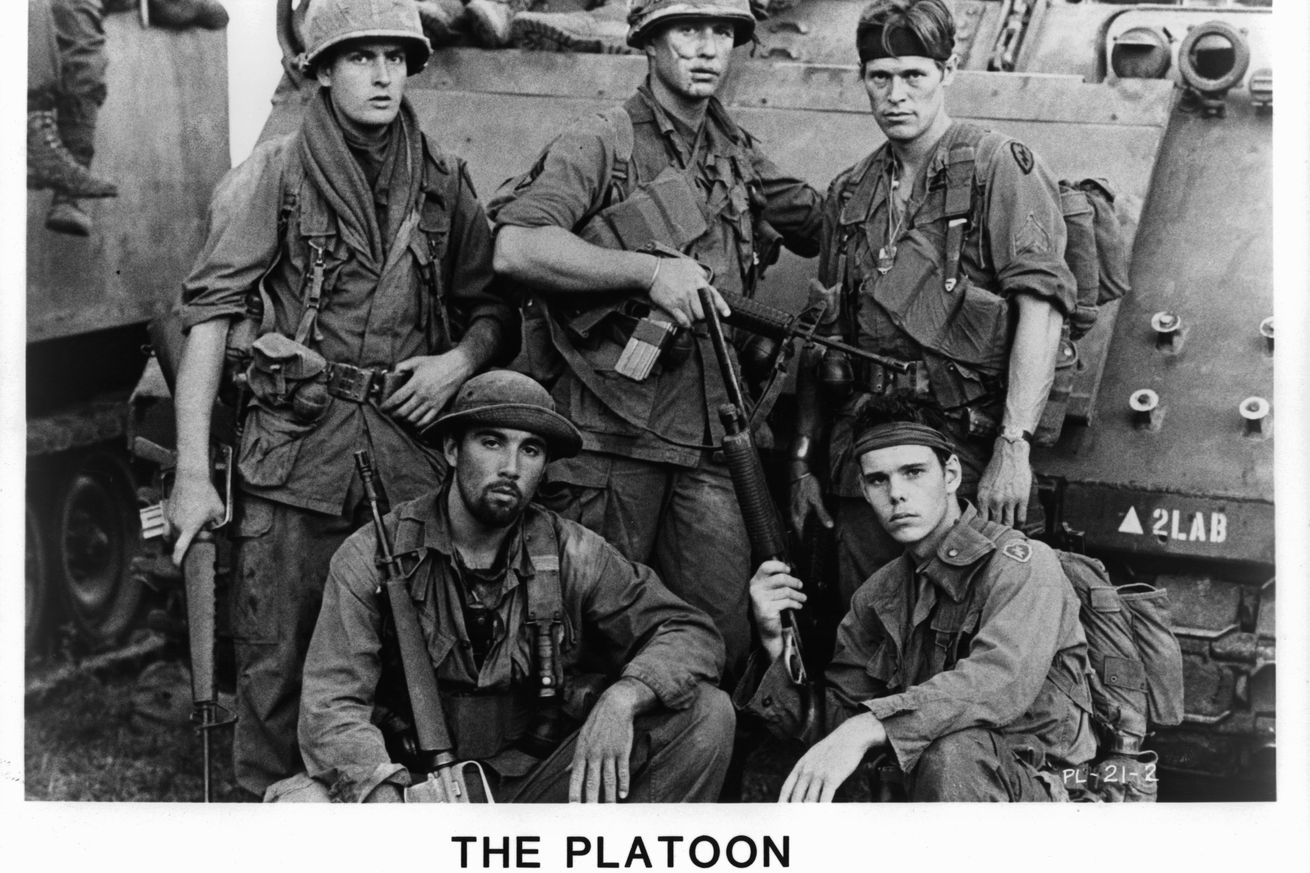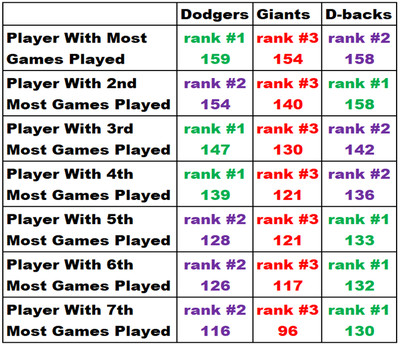
What does platooning really mean?
Introduction.
Platooning can be emotionally charged, for players and for fans. Many players feel their performance will win games, and therefore it hurts the team when they are not in the game (which happens in platoons). Many fans feel platooning a player is equivalent to saying the player is not good enough to be an everyday player. My views differ.
Let’s consider a recent acquisition, Josh Naylor. Will he be an everyday first baseman or will he be in a platoon? Recent AZ Snake Pit comments showed differing opinions. On the one hand, he bats better against right-handed pitchers than left-handed pitchers. And his defense may be about average (not much better than a potential platoon-mate). On the other hand, his batting was as good as Walker when he did NOT platoon. The Diamondbacks very much need power batting.
In the preseason of 2024, I wrote two articles (here and here) about possible players who could platoon with Geraldo Perdomo. At that time, AZ Snake Pit comments indicated that it would be unthinkable for Geraldo Perdomo to platoon. One comment indicated that other players could bat for Perdomo when he faced LHPs, but that would properly be called backing up Perdomo (and the article title should properly change the word platoon to back up.) Another comment was, “The D-backs are planning on playing Perdomo on close to an everyday basis (135-140 starts).” Thinking about their comments left my thoughts unclear and confused. I wondered, “What does platooning really mean?” Soon, Jim McLennan wrote an article that used the word “platoon” many, many times. Upon reading it, I felt an urge to laugh recognizing his British sense of humor. Nevertheless, I temporarily avoided writing or commenting about platooning.
Initially, it seemed Perdomo was in a platoon. Reasons follwo:
- Instead of “close to an everyday basis (135-140 starts)”, he started 95 games, and entered 3 games after the first inning.
- Perdomo accounted for 61% of the shortstop PAs, well short of 100%.
- Seven Diamondbacks had more total PAs than Perdomo (he had significantly less PAs than the everyday players).
Upon relooking at it, I saw that Perdomo missed two months due to injury. That explains the games started and PAs. It looks like he was NOT platooned.
Now, in the current offseason, I am strengthening my knowledge about platooning. And I will confidently share what I learned.
What are my thoughts about platooning?
One possible platoon is a great batter and a great defender (who enters after the team has the lead).
One possible platoon is a batter who hits LHP and a batter who hits RHP.
Pinch hitting looks a lot like platooning, especially if it happens well before the late innings, and especially if it happens often enough.
Scheduled rest days are NOT platooning. And sometimes the resting player enters the games as a pinch hitter.
Depth players who play due to injury are NOT platooning.
What I heard Farhan Zaidi say about platooning.
When Zaidi (the recently fired GM of the Giants) talked for 5 minutes about platooning (during a 29 minute interview), I listened with total focus. He talked about it for 4 minutes and later for another minute.
Let’s look at what I learned.
“Every team in baseball has 1, 2, or 3 platoons. That is just a fact. It’s a question of how benches are used. Everyone uses it for at least 1 platoon, sometimes 2 or 3.” — Farhan Zaidi, December 2024.
My thought is that one key to understanding platoons is how the bench players are used.
“When you don’t have that star player that you can anchor things around it just gets noisier. The platooning thing becomes a bigger story because maybe you are platooning at the top of the lineup or the middle of the lineup instead of the bottom of the lineup where people seem more OK with it.” — Farhan Zaidi, December 2024
My thought is that emotional responses to platooning depend on whether the team platoons the top, middle, or bottom of the lineup.
“…They [New England Patriots and San Antonio Spurs] are all about putting the team above the individual. And I have so much respect and belief in that kind of culture in an organization. To me, when you talk about something like platooning, or even pinch hitting, there is a certain selflessness to that. In that way when it works, it really builds the culture….This is about building a team collectively. And in 2021, we really captured that and it worked really effectively.” — Farhan Zaidi, December 2024
My thought is when platooning or pinch-hitting works, it builds a winning team culture.
“It put a lot of focus and attention that even our front line guys, we were using in matchups at times.” — Farhan Zaidi, December 2024
My thought is that when the manager talks batting matchups, it’s a more acceptable way of describing a platoon (or at least a mini-platoon). The Diamondbacks talk a lot about matchups, so perhaps they platoon more than is generally recognized.
“[Competing with the Dodgers] That was part of the reason we tried to be really creative with the roster and how we were managing things.” — Farhan Zaidi, December 2024
My thought is that one of the ways that the Diamondbacks win in uncommon ways (per Torey Lovullo) is roster creativity and roster management.
“The Dodgers are actually a platoon heavy team.” — Farhan Zaidi, December 2024
My thought is that because the Dodgers have many top-talent players, calling them platoon heavy means that perhaps it is OK to platoon players who are good enough to be everyday players.
Comparing Three Teams.
After listening to Fahran Zaidi, I explored data related to platooning for the Dodgers, the Giants, and the Diamondbacks.
For three teams, the following table shows the players who played in the most games.

Data from Baseball Reference.
The table compared 7 players for the Dodgers, Giants, and Diamondbacks. Assuming that these are the regular players (a safe assumption), their relative ranks indicate that the Giants platooned them the most and the Diamondbacks platooned them the least. That seems surprising because I expected that the Diamondbacks would platoon the most.
Building on Zaidi’s statement that the Dodgers were platoon heavy, I have two observations:
- The Giants were platoon heavy, too. From Zaidi’s comments, it might have been caused by their lack of star players.
- The Diamondbacks were platoon light. Their regular players played in more games than the other two teams. Perhaps their everyday players are extraordinarily talented (compared to their complementary players).
Summary.
Last season, Geraldo Perdomo was Not platooned at shortstop.
What I learned from Farhan Zaidi:
- One key to understanding platoons is how the bench players are used.
- Emotional responses to platooning depend on whether the team platoons the top, middle, or bottom of the lineup.
- When platooning or pinch-hitting works, it builds a winning team culture.
- When the manager talks batting matchups, it’s a more acceptable way of describing a platoon (or at least a mini-platoon).
- One of the ways that the Diamondbacks win in uncommon ways (per Torey Lovullo) is roster creativity and roster management.
- Because the Dodgers have many top-talent players, calling them platoon heavy means that perhaps it is OK to platoon players who are good enough to be everyday players.
Comparing seven players from the Dodgers, Giants, and Diamondbacks indicated that perhaps the Diamondbacks were platoon light. Perhaps the Diamondbacks’ everyday players were extraordinarily talented (compared to their complementary players).
